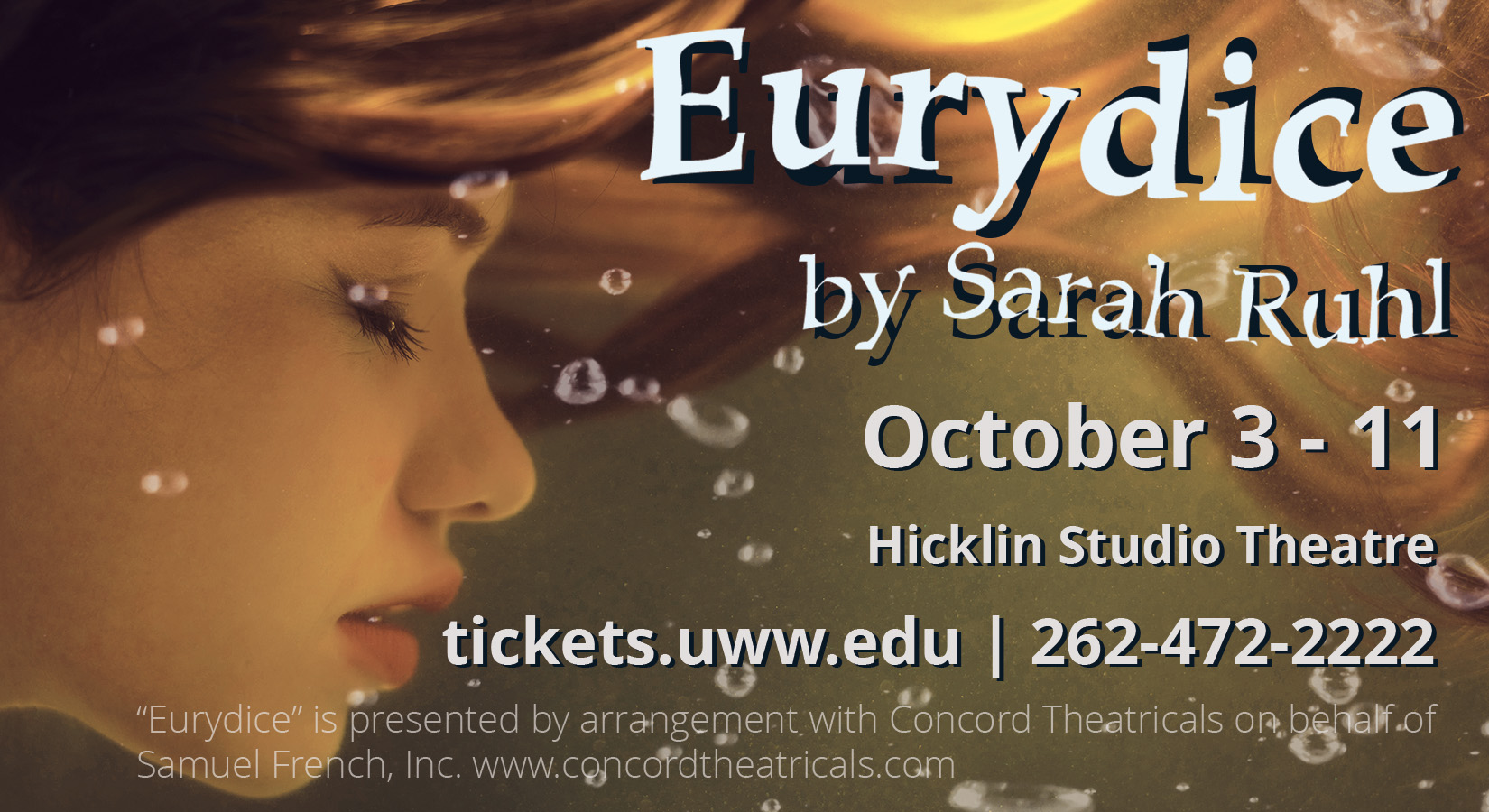Beyond the Scale: Survivor Story
March 6, 2017
With less than three months left in the semester, I have tunnel vision for that moment I walk across the stage and receive my diploma. Not only because I will escape the stress of graduating, but it will also represent a recovery triumph.
I did not think I would be alive to have this milestone to look forward to. Two years ago, I was 19, living in misery, slowly slipping away. I was dying.
While it used to be my own secret, I have accepted and am not ashamed that I am one of the 20 million women in the United States who have been affected by an eating disorder. The National Eating Disorder Association (NEDA) hosts “NEDA week”, a time to spread awareness about the vicious disease and provide resources for those in need. This year’s theme is “It’s Time to Talk About It.” After building strength, I am able to talk about my battle, without shame, to let others know it is possible to win the fight.
A large mixture of college transition, low self-esteem from relationships and negative media influences spiraled together and contributed to my development of anorexia, or in other words, an illusion of control. I struggled with change in all aspects of my life, kept my emotions bottled up and eventually that bottle exploded. It completely shattered.
Food became the only aspect of my life I felt I could control, so I did. It started with restriction and transferred to being fixated by the number on the scale.
I became exercise obsessed. With no nutrients to fuel my shrinking body, it had to work extremely hard to keep functioning. Excessive weight loss mixed with ridiculous amounts of cardio caused increased heart rate, hair loss, extreme weakness and freezing body temperatures. Time went on, my health problems got bigger, and my body got smaller, along with my desire to live.
As my body was slowly shutting down, so was my mind. I stopped feeling all together, I stopped being me. My personality was gone, and you could see the emptiness in my big, empty eyes and shrunken, frail face. I isolated myself, and losing weight was my only concern. I had no emotion towards anyone as I was living in my own little bubble filled with loneliness. I was numb to those who cared about me and wanted nothing more than for me to get the helped I so desperately needed. Anorexia was not only killing me, but it was killing my friends and family too.
“Please Marisa, you can’t leave me,” my sister Lauren cried to me when my parents insisted I go to treatment. Those words stuck with me even through my cloudy haze of struggle. I couldn’t leave my family behind. I wanted to give them the old Marisa back, the one filled with joy and happiness.
I spent seven months in intensive treatment during my sophomore year while attending classes. It was a difficult task trying to hide where I was going to the few people I still had regular interactions with. I missed a lot of college experiences, but my end result is completely worth it.
Recovery is by no means an easy road. There is no instruction manual or magic cure. Like all aspects of life, it’s a rollercoaster of ups and downs. It takes time, effort and the will to fight. Weight restoration is incredibly hard, but what is often overlooked is that there is more to an eating disorder than what is on the scale.
It’s deeper than that. It’s working through the obstacles, identifying barriers that are affecting your life and finding alternatives other than eating disorder behaviors to help your body and mind instead of hurting it. It’s this year’s theme. The first step to recognizing the need for help is to talk about it.
My greatest moments in recovery were the times I started to feel emotion again. I began to remember who I was and can now use my strengths to become who I was meant to be. As I began to restore weight, I improved physically and mentally by talking through my fears and discovering life is worth so much more than my disorder.
I’m still a work in progress, but I wouldn’t be where I am today without my medical and non-medical support systems and their encouragement to talk about it.
My body and life feel restored. I’ve learned to love and be loved. I have a newfound appreciation for all things, big and small. I don’t dwell on what I can’t control or the minuscule issues that don’t matter. I eat what I want and surround myself with positivity. I exercise appropriately to celebrate my body’s ability. I look in the mirror and love the reflection that I see.
I’ve found that recovery has helped me discover that difficult roads can lead to beautiful destinations. My excitement for life is flourishing, and recovery is truly beyond words. For anyone struggling, don’t ever be ashamed to talk about it. You were born to make an impact, your life has a purpose and your voice matters.













